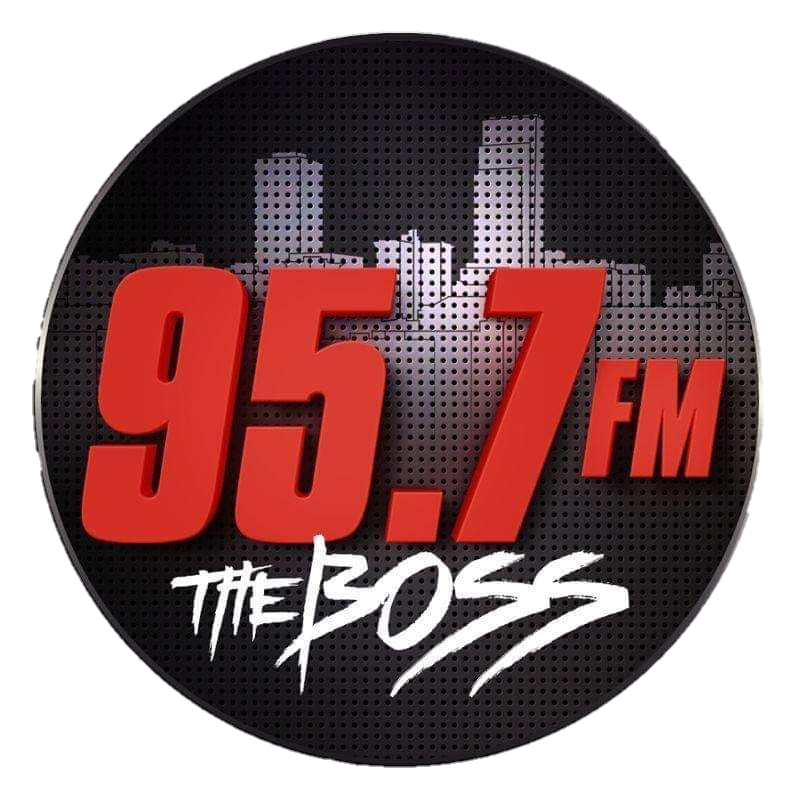Listeners:
Top listeners:
00:00
00:00
volume_up
chevron_left
-
 play_arrow
play_arrow
95.7 The Boss 95.7
-
 play_arrow
play_arrow
1690am The One 1690am The One
